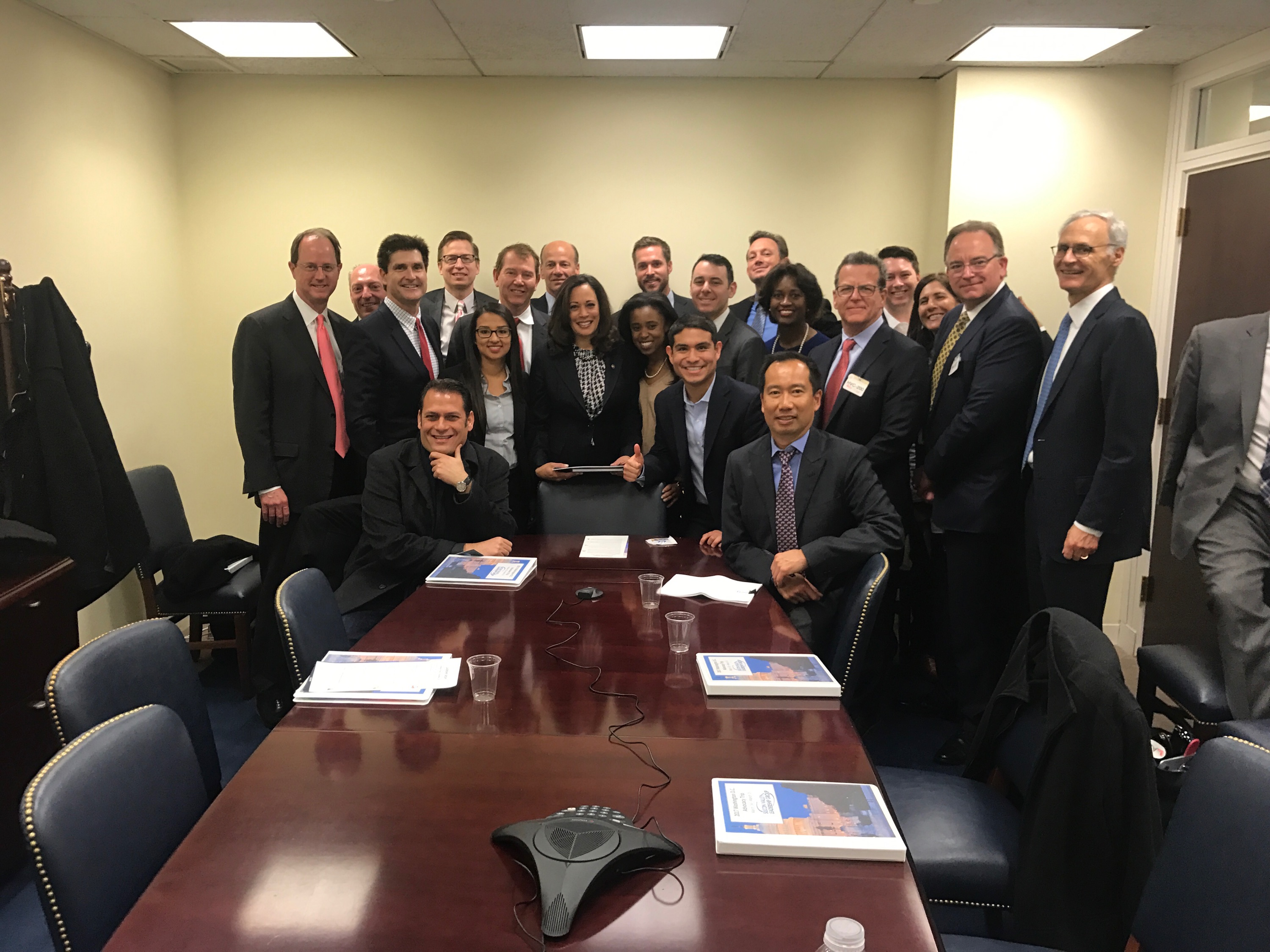My immigration story is a rarity. My family arrived to the U.S. in 1996 from Lima, Peru when I was 1 year old. My father had a green card and our family was financially comfortable, unlike many who take great risk and come with little or nothing. These different stories that we share during Immigrant Heritage Month speak to the great variety that comprises the value and contribution of immigrants to the United States.
I have always appreciated the unique spirit of America. At a young age, the U.S. fostered my hyper-curiosity, which was treated as a problem in Lima. My questions, ideas, and ever-changing thoughts were a benefit in class, not a burden. As an adult, I now understand that openness to innovation and entrepreneurship is what activates and energizes our economy.
Today, I am the kind of entrepreneur the U.S. has long welcomed. As the founder and CEO of SmileyGo, my real-time analytics platform uses artificial intelligence to help companies take control of their public policy risk and turn grants into visibility. In the hothouse of Silicon Valley my story is not uncommon. The most famous companies, Google, Intel, eBay—40 percent of Fortune 500 companies in 2016 were founded by immigrants or their children. The clear economic boon of immigration is unavoidable and obvious. Like others, my own company also employs eight full time American workers. Still, our outdated immigration laws work at cross-purposes with the burgeoning economic engine that immigration represents.
From a business perspective, I seek opportunities for economic growth and policies that will allow new ventures to thrive. The International Entrepreneur Rule, which is scheduled to go into effect in July, is a clear example of a policy that will allow up and coming entrepreneurs from around the world to start the next generation of innovative U.S.-based companies. The policy grants temporary parole into the U.S. for promising job creators who can acquire capital from U.S. investors and create jobs for American workers. It will enable us to retain the best talent and keep America at the forefront of innovation.
Not only is this new rule something that we can agree about across political divides, we need to press to expand it to better serve its true purpose. Increasing the total number of parole years allotted per entrepreneur from five years to eight years would draw more investors by reducing risk. It also provides a more reasonable time to realize a return on investment.
Today, we are at a crossroads. We must resist turning away from the world. We must resist becoming a fearful country. If we want to sustain a thriving economy, we need modernized immigration reform. Good economic thinking, the progress the U.S. has realized since its founding, and the hope that immigration represents, can be a bulwark and guide in the effort to keep the land of opportunity open and enduring.

